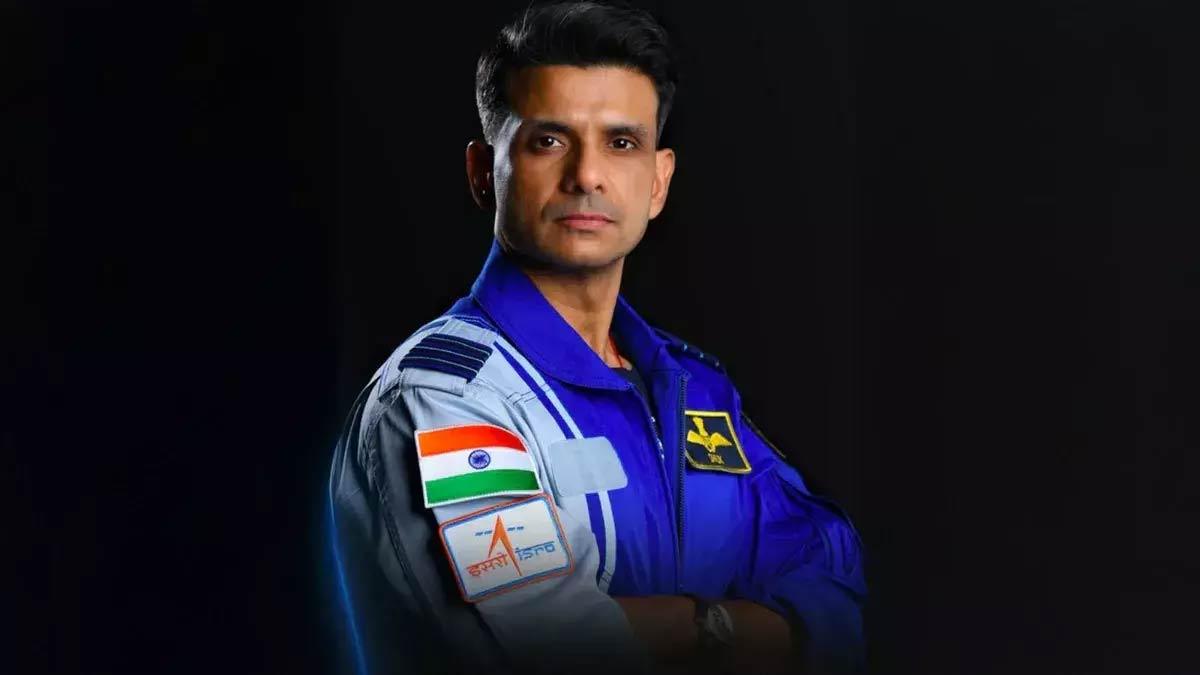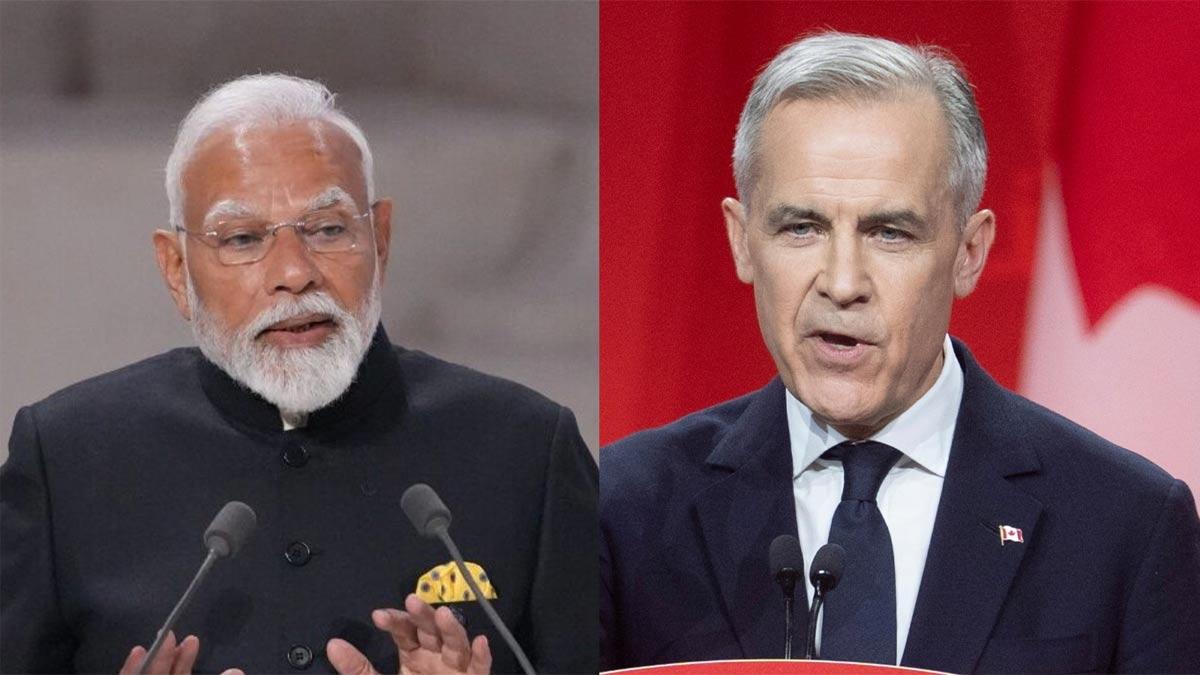The Indian Space Research Organisation (ISRO) has confirmed that US-based private space firm Axiom Space will take Indian astronaut Group Captain Shubhanshu Shukla on June 19, 2025, to the International Space Station (ISS).
The mission, originally scheduled for June 11, was subject to several delays based on technical issues, most notably a leak in the propulsion bay of the ISS's Zvezda module detected during pre-launch test.
As stated by ISRO, Axiom Space is cooperatively working with NASA to analyze and fix a pressure anomaly in the Zvezda Service Module, which is a part of Russia's portion of the ISS.
"During a follow-on coordination meeting between ISRO, Axiom Space, and SpaceX, it was established that the leak of liquid oxygen that was noticed in the Falcon 9 launch vehicle has been successfully addressed," ISRO announced in an official statement.
"Axiom Space is now targeting June 19, 2025 for launch of the Ax-04 mission," it further said.
The space agency reaffirmed its unshakeable commitment to mission safety and underscored its ongoing coordination with international partners to double-check that everything is ready.
This mission represents a milestone event in India's space odyssey. Group Captain Shubhanshu Shukla will become the first Indian to arrive at the ISS and the second Indian in space, preceded only by Rakesh Sharma's historic trip in 1984.
Shukla will take on the role of pilot for the Ax-04 mission, with veteran astronaut Peggy Whitson of the United States leading as the commander. The crew also includes Slawosz Uznanski-Wisniewski from Poland and Hungary’s Tibor Kapu, both serving as mission specialists.
During his stay on board the ISS, Shukla will conduct important research in the field of food science and space nutrition. The experiments, which are a joint effort of ISRO and the Department of Biotechnology (DBT) and funded by NASA, would focus on developing sustainable living strategies for long-duration space missions.
One of the major emphases of the experiments is to study nutrient-rich microalgae in a space setting. The studies will examine how microgravity and cosmic rays affect their growth and compare transcriptomic, proteomic, and metabolomic responses. The data will be correlated with samples cultured on Earth to assess viability in long-duration space travel.
Read also| Air India Flights Rerouted Amid Rising Tensions in Iran-Israel Conflict


















